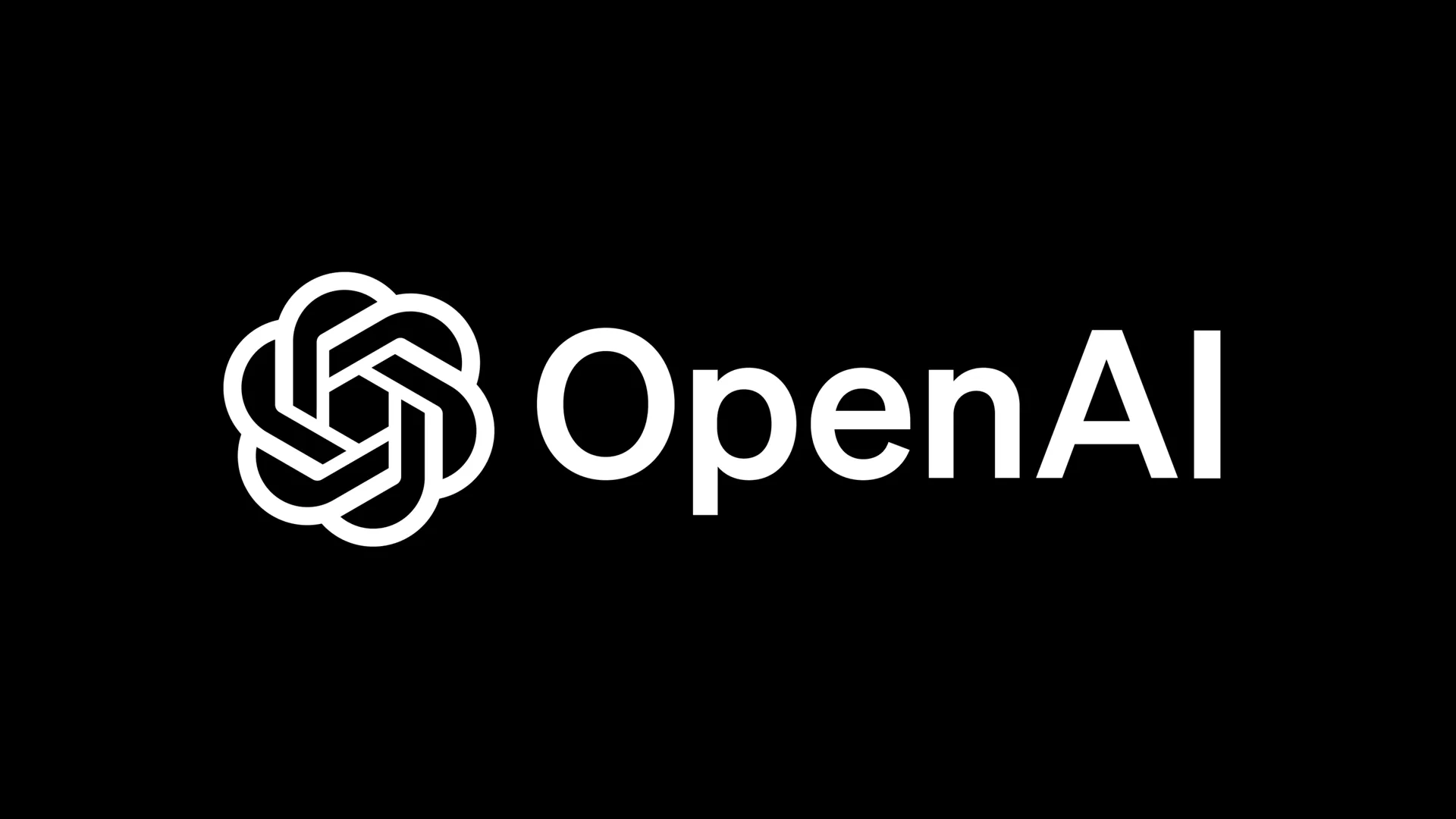The US tech giant, Google, has announced a $2.1 million Google.org commitment to support Nigeria’s AI-powered future, aiming to strengthen local talent and improve digital safety nationwide.
An initiative that supports Nigeria’s National AI Strategy and its ambition to create one million digital jobs, recognising the economic potential of AI, which could add $15 billion to the country’s economy by 2030.
The investment focuses on developing advanced AI skills among students and developers instead of limiting progress to short-term training schemes.
Google will fund programmes led by expert partners such as FATE Foundation, the African Institute for Mathematical Sciences, and the African Technology Forum.
Their work will introduce advanced AI curricula into universities and provide developers with structured, practical routes from training to building real-world products.
The commitment also expands digital safety initiatives so communities can participate securely in the digital economy.
Junior Achievement Africa will scale Google’s ‘Be Internet Awesome’ curriculum to help families understand safe online behaviour, while the CyberSafe Foundation will deliver cybersecurity training and technical assistance to public institutions, strengthening national digital resilience.
Google aims to create more opportunities similar to those of Nigerian learners who used digital skills to secure full-time careers instead of remaining excluded from the digital economy.
By combining advanced AI training with improved digital safety, the company intends to support inclusive growth and build long-term capacity across Nigeria.
Would you like to learn more about AI, tech and digital diplomacy? If so, ask our Diplo chatbot!










